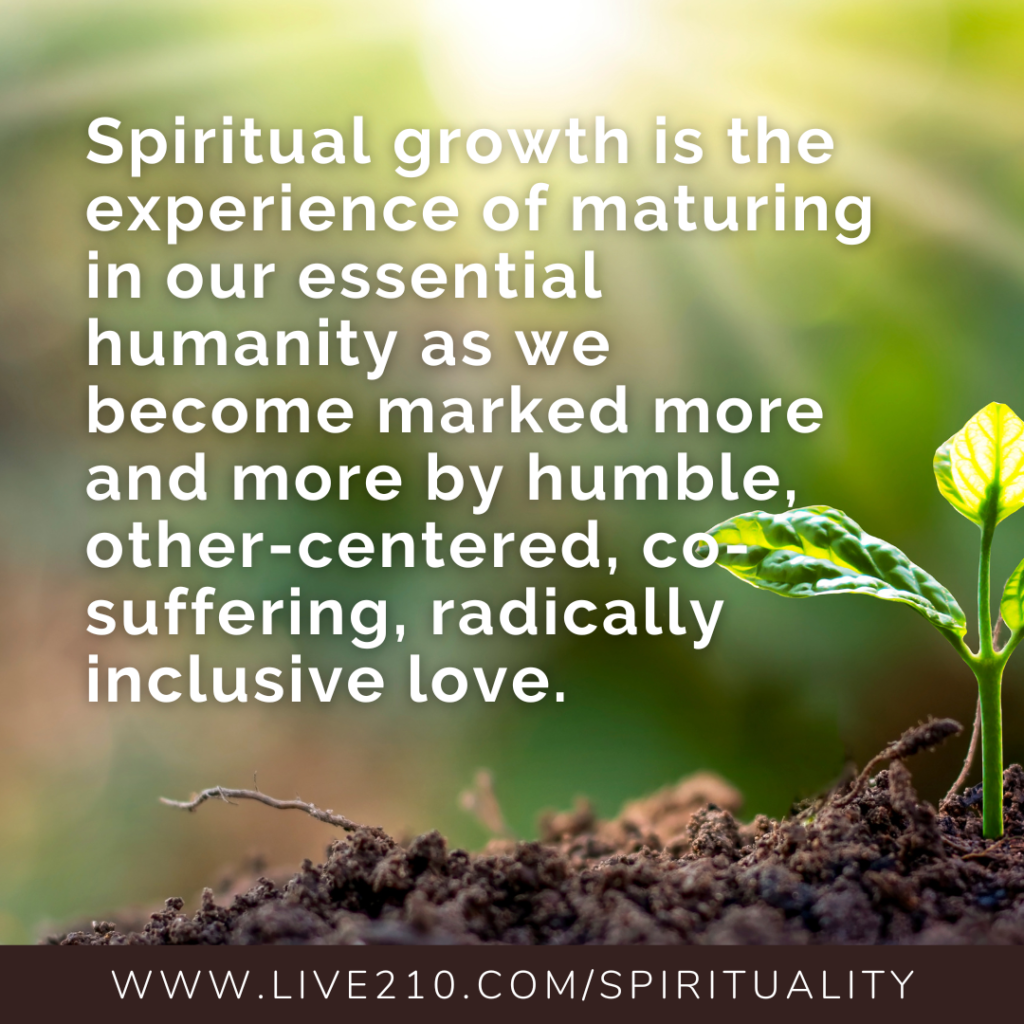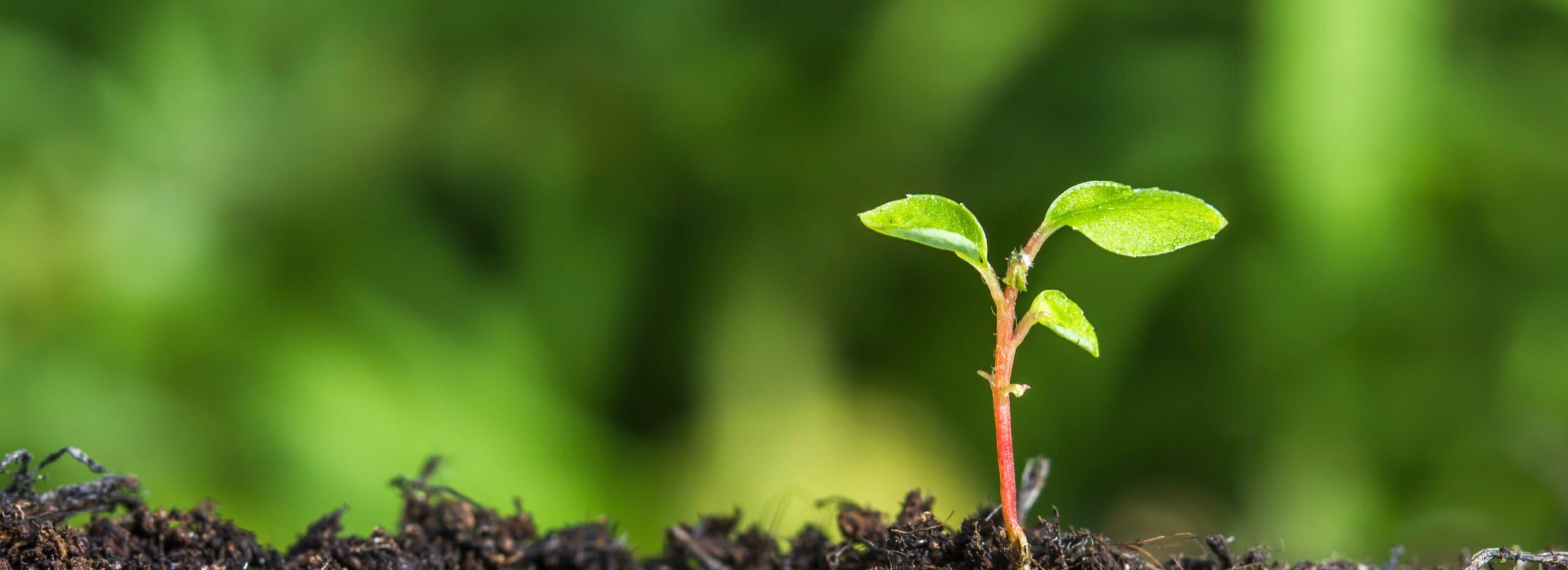6 min. to read if you read all the footnotes, too.
Few words are quite as squishy as “spiritual.” Some avoid using it because it’s open to so many interpretations. After all, the term is used by all sorts of people, probably even people who disagree with you! Yet, I think spiritual is a worthy and helpful word.
Note: This post is an edited version of an essay that will be in my upcoming book, Journaling for Spiritual Growth. Watch for that since it launches November 15th!
You ARE a spiritual being.
We are spiritual beings because God is Spirit, and we are created in God’s image. Think of spirituality as “that which pertains to our essential being.” The spiritual life, then, would be the life of the Spirit or perhaps the soul. If this is the domain of Spirit, we might assume things like eternity, heaven, salvation, inner peace, and union with God are most important, but this interior world is not merely religious. Every person has an interior landscape made up of thoughts, emotions, hopes, and expectations. This inner world is molded by experience and contains the stories we hold about ourselves and the world. This is the seedbed of our desires and decisions.
This interior spiritual life is central to who we are, but any view of spirituality that is limited to the realm of ideals, beliefs, or mystical experience ultimately fails because it disregards that we are also physical beings. Our body is not merely a vehicle to move a more essential part of us around in the world. Our body is a central part of our being. The body and its senses are the only avenue we have with which to experience and relate to the world, others, and even God. So, the spiritual life must also incorporate our embodied life.
One attribute of God’s life as Spirit is that God is present everywhere. There is no place, no human experience, where God is not present. In contrast, one of the identifying attributes of being human is that we are only bodily present in one place. The spiritual life, then, comprises the many ways our life intersects with the Spirit of God both in our inner world and in the physical world around us. You could just call all of this life, and you wouldn’t be wrong. Still, by using the phrase spiritual life, we draw attention to our awareness that in all of life—both our inner world and embodied experience—we interact with, experience, and can act in concert with the Spirit of God.

What’s the difference between spiritual and religious?
In thinking about this kind of life, I must distinguish between religion and spirituality. Religion and spirituality are not the same, but they are inextricably related, like fire and heat. Religion contains and is enlivened by spiritual life. Simultaneously (and I suspect, indivisibly), spiritual life is formed and given expression by religion. So, for example, certain practices can foster spiritual growth, but spiritual growth is not found in becoming more adept at those practices. Participating in a religious community is very nearly an essential part of spiritual growth, yet spiritual growth is far deeper than simply becoming more attached to a religious community. Reading, meditating on, or studying scripture can be a catalyst for Divine encounters, despite the often observed fact that no amount of time spent with scripture can guarantee spiritual growth.
Spiritual growth, then, is that experience of maturing in our essential humanity. We were made in God’s image, and God’s project with humanity is helping us mature more fully in that image. We are born necessarily self-centered with a natural desire for survival and self-protection. As we grow, we come to understand that we are not the only beings in the universe and that our life impacts the lives of others. We acknowledge our ego and ego needs while moving away from seeing the world and others as merely objects to serve our ego. In simple terms, we become more loving. Our posture toward the self, the world, and God becomes marked more and more by humble, other-centered, co-suffering, radically inclusive love.
Are you gardening the soil of your heart?
This process of growth cannot be forced, but it can be nurtured. The best metaphor I’ve found is to think of spiritual growth as a garden. The soil is our inner life, what we often simply call “the heart.” The circumstances of our lives, the choices we make, and the relationships we build are plants in our garden. What’s been planted bears fruit in who we become. The fruit of growing in the life of Spirit is a harvest of character growth, qualities like love, joy, peace, patience, gentleness, and self-control.
As with a garden, the gardener cannot force growth to happen. Growth naturally occurs. It’s the very nature of the organism. Even so, the gardener can tend the soil. They can fertilize and water, remove weeds, and protect from invasive pests and extreme weather. These steps do not make growth happen. They don’t “earn” growth through their practice. The fruit that comes is not the result of a transaction.
Spiritual growth, then, comes through our consent to and participation with the work of the Spirit in us and the world around us. This leads us to mature in the qualities of the Spirit and enables us to embody those qualities in the world. As we mature in our inner life, what is growing in us ripples out into the world around us. We contribute to the forming of communities that reflect these qualities. As we do so, we play a part in God’s good and beautiful work in the world. In this way, the spiritual life is not only about us but simultaneously about how we live in our relationships and the kind of world we are participating in building.
